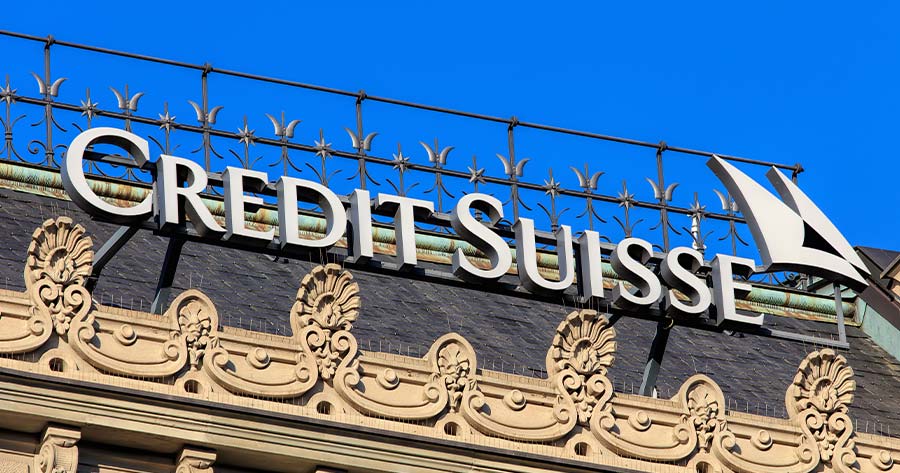As the share prices of GULF and BGRIM have declined by more than 10% over the past month, Credit Suisse has published an analysis of the risks and opportunities that the Thai utility sector could face this month, focusing on the impact of rising interest rates, the next government and the imports of LNG.
Credit Suisse anticipates that discussions regarding power rates for the fourth quarter of the year will heat up this month, and if the tariffs are lowered, it will be only to reflect the fall in gas costs, and not from policy change, as the bills proposed by the Move Forward party can be implemented in this round.
Interest rates are also likely to be key factors as Thai utility companies have more than 90% of their loans in fixed interest rates and hence see limited impact on current operations from rising rates.
Spot LNG costs could climb seasonally in the fourth quarter, putting pressure on profit margins for small power producers like B.Grimm Power PCL. (SET: BGRIM).
Restructuring gas prices to a single pool and the beginning of private sector LNG imports are two major pending policy concerns with a medium-term period horizon. However, Credit Suisse does not anticipate a shift in Power Purchase Agreements (PPAs).
It’s likely that macro news, such as the outlook for peaking interest rates, may affect the share price of utilities companies.
The bank prefers Gulf Energy Development PCL. (SET: GULF) over BGRIM due to GULF’s reduced borrowing costs. While political noises about GULF are expected to persist, the company has committed itself to delivering growth from its current project portfolio until 2025.
Regarding BGRIM, Credit Suisse pointed out that the company’s margins have already bottomed out and are on a medium-term trend of recovery, barring any short-term mismatches in specific quarters. However, it still has doubts about the strength of its balance sheet to support its expansion plans.





